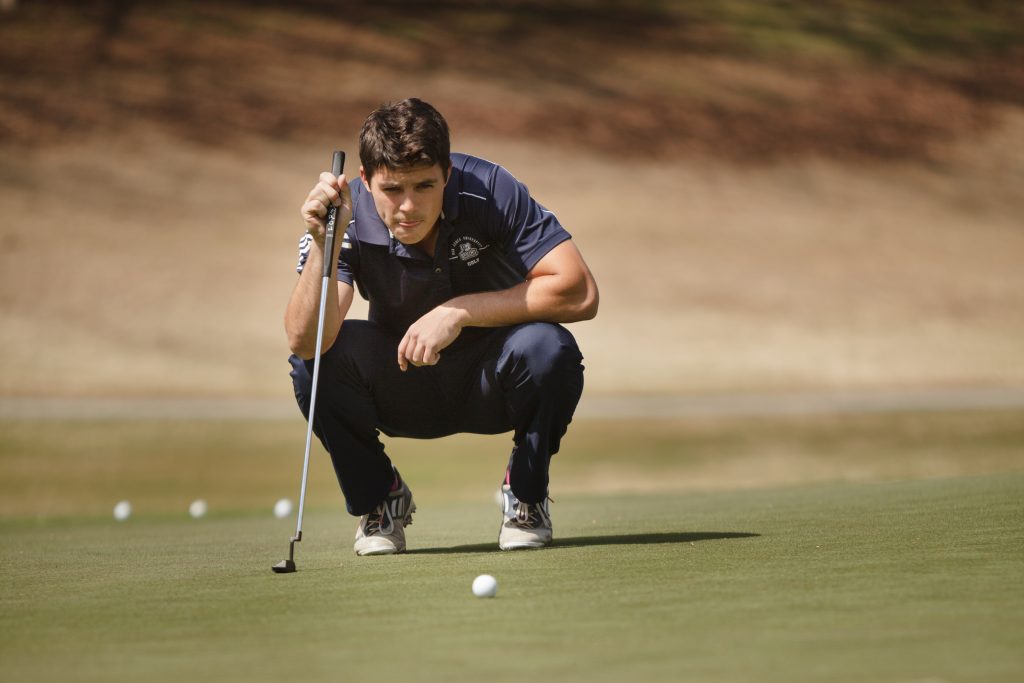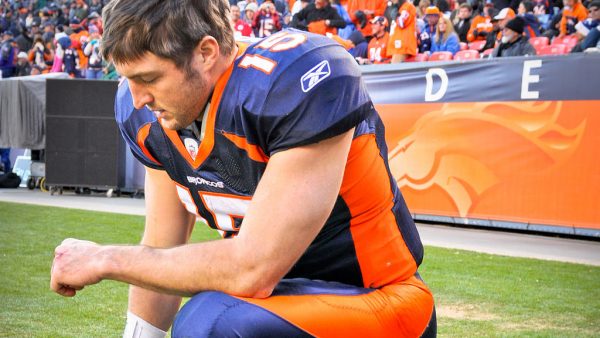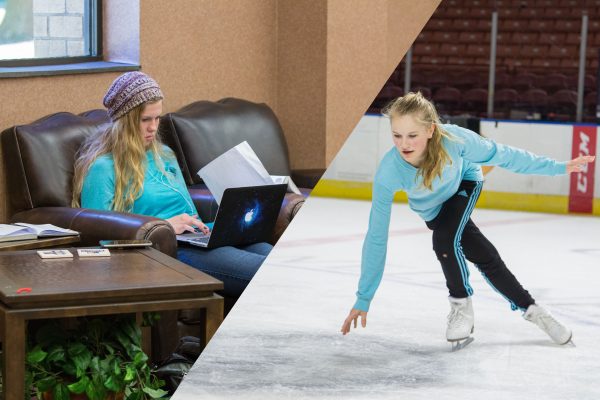Ever heard of squirrels being used as a team mascot? Neither had I until I did a brief search on the internet. What I found surprised me.
- The Albino Squirrels of Oberlin College in Ohio
- The Black Squirrels of Haverford College in Pennsylvania
- The Gray Squirrels of the University of Stirling in central Scotland
- The Flying Squirrels of the Richmond, Virginia, double-A affiliate of the San Francisco Giants
- And finally, Gladys the Fighting Squirrel of Mary Julia Baldwin, a women’s college in Staunton, Virginia
Other than a mascot connection to sports, you might be wondering how squirrels and acorns fit into this particular article. Well, while I had a few minutes to relax the other day, I had the opportunity to observe, for an extended period of time, a squirrel—known for meticulous preparation and feisty industriousness—diligently at work.
This particular squirrel was very methodical in finding acorns that it had buried months earlier. It would root around in the mulch at the base of an oak tree until it successfully unearthed an acorn and then would chomp away at it while spinning it around in its tiny paws. The squirrel repeated the process as soon as it consumed an acorn. The process mesmerized me, but it also reminded me of how one sports philosopher related acorns to sports.
In his book Philosophy of Sport, Drew Hyland talks about the telos or “the end, good, or perfection” of something. A teleological explanation will discuss the way things ought to be or what they are at their best. This is in contrast to a descriptive analysis, which would describe things the way they actually are with a “tell it like it is” explanation.
The Greek philosopher, Aristotle, insisted that one simply did not have adequate knowledge of a given entity unless that knowledge included its ‘final cause’—what that thing will become if it is allowed to develop to its highest capacity. He uses as an example our knowledge of the acorn.
Suppose that you had comprehensive knowledge of the molecular structure of an acorn, its varieties, and where it comes from. In fact, suppose that you knew everything about an acorn except this: If it is placed in the right environment and with the proper nourishing, it will become an oak tree. To say the least, you would be lacking decisive information about the acorn.
But, this knowledge is knowledge of its end, goal, or perfection, what it will become if it is allowed to develop to its fullest capacity. This is its telos.
Becoming an oak tree is the telos of an acorn—even though only a minute percentage of acorns ever become oak trees. I suppose this is due in part to the squirrels’ digging them up and eating them as well as a myriad of other ways that prevent acorns from reaching oak-tree-hood.
The nature of an acorn is to become an oak tree, even though a descriptive analysis would point out that this happens in a tiny minority of cases. The measure of nature for teleological analyses is not necessarily what happens most of the time, what is typically the case, but what happens when a thing is allowed to develop to its highest, or ‘natural’ capacity, even if that seldom happens.
So, how then does this apply to sport?
The Telos of Sport
I would suggest that the telos of sport is to produce true competition and friendship (i.e., a partnership, mutual respect, and appreciation of the shared experience regardless of the outcome of the contest), though in the current culture of sport, at some levels, this may seldom happen.
The Alienation of the Telos
A corruption of competition often takes place (squirrels’ eating the acorns), which prevents sport contests from reaching this telos. Hyland calls this alienation.
Alienation is not the natural consequence of sporting competition, but what happens when it doesn’t work right, when it is a ‘defective mode.’ Competition at its best, when it works, is an occasion of friendship.
From this it follows that we ought not to consider abolishing sport because some of its defective instances degenerate into alienation. Rather, we should analyze what the surrounding conditions are which keep sport so often from achieving its telos, as well as what those conditions are which encourage sport to be the best that it can be.
Conclusion
Essentially, this should be the reason why coaches coach: to help young people grow and develop and to see sport contests and competition reach their telos. Coaches who have this understanding will most effectively produce the conditions that grow the acorn of sport into the oak tree of friendship, partnership and true competition. Let’s see if we can change the culture of competitive sports in a positive way by being committed to this end.








